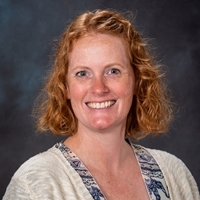
Step into your calling
At Northwestern College, our faith-based graduate and professional programs are affordable, relevant, and intentionally student-centered, equipping students to realize their potential and flourish in their vocations.
Whether you’re pursuing an online bachelor’s degree in education, a master’s degree in education, leadership, or business, or our on-campus physician assistant program, Northwestern offers convenience, affordability, and the support you need to succeed. Built on a Christ-centered mission, our degrees combine academic excellence with practical skills—empowering educators, healthcare providers, and leaders to make a meaningful impact in their communities.
Programs
Master of Business Administration
Master of Arts Clinical Mental Health Counseling
Master of Arts School Counseling
Master of Arts in Teaching in Early Childhood + licensure
Master of Education Early Childhood
Master of Education Educational Administration
Master of Education Special Education
Master of Education Master Teacher
Bachelor of Arts Early Childhood + licensure
Bachelor of Arts Early Childhood non-licensure

Why Northwestern?
At Northwestern College, our faith-based graduate and professional programs are affordable, relevant, and intentionally student-centered, equipping students to realize their potential and flourish in their vocations.
Our flexible, accredited programs empower working professionals to grow academically, spiritually, and personally. Whether you’re advancing your career in education, business, healthcare, or leadership, you’ll find a supportive community that helps you unlock your full potential and thrive in your calling.

Director of Admissions
Faculty + Staff
Committed Christians. Invested in you. That’s Northwestern’s promise.



















